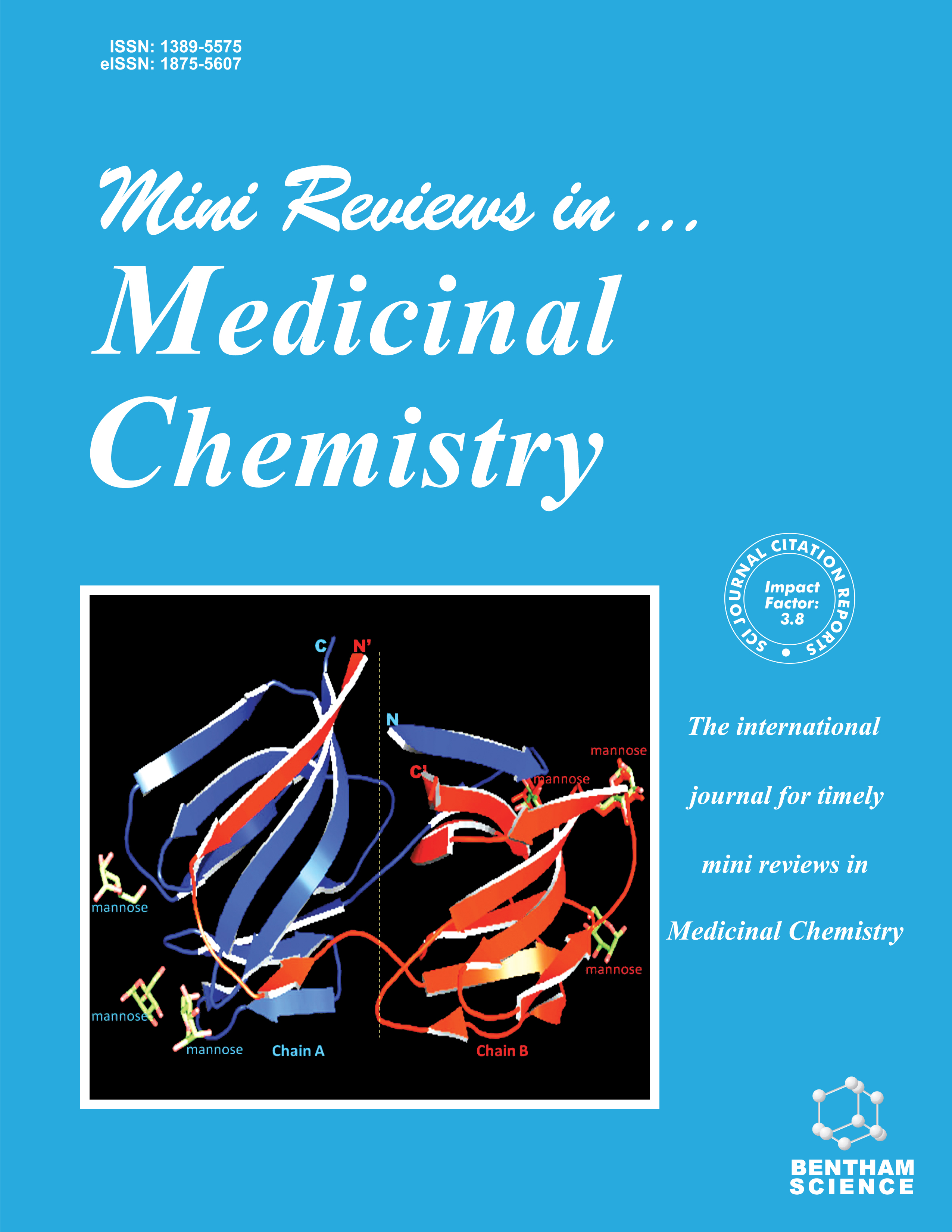
Full text loading...

Breast cancer is a widespread and life-threatening disease. While FDA-approved anti-BC drugs have improved survival rates, issues like drug resistance and adverse effects highlight the need for new therapeutic options. Molecular hybridization, a modern drug discovery strategy, combines different pharmacophores or frameworks into a single molecule to enhance pharmacological activity and improve treatment outcomes. Hybridizing two or more heterocyclic moieties has become a promising approach in anti-cancer drug discovery.
This article reviews the role of heterocyclic hybrids in BC therapy, based on literature from 1995 to 2024 available in PubMed. Key heterocyclic hybrids, pyrimidine, triazole, indole, coumarin, beta-carboline, azepine, isoquinoline, benzoxepine, and platinum-core hybrids were included.
Triazole, in particular, was found to be a highly effective scaffold for BC treatment when combined with indole, pyridazinone, and steroid pharmacophores.
The article discusses novel molecular hybridization strategies, current BC treatment options, clinical studies, key functional groups, anti-apoptotic mechanisms, and protein-ligand interactions. Structure-activity relationships are explored to highlight desirable pharmacophoric features, aiding in the development of more effective BC therapies.
Each heterocyclic hybrid class of BC comprises some salient features and potentials, which may be further investigated to obtain novel effective heterocyclic hybrid molecules in BC therapy.

Article metrics loading...

Full text loading...
References


Data & Media loading...